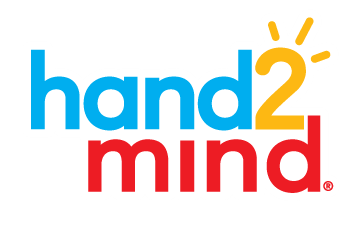It's World Space Week!
- EI Editor Posted On Oct 6, 2014 | National Holidays
Hello
Saturday saw the beginning of World Space Week! More than 1,400 events in 80 countries celebrated the benefits of space and excitement about space exploration last year; similar is expected this week with the new satellite navigation theme “Space: Guiding Your Way” for 2014.

We are all quite familiar with the use of navigation for planes, trains, ships and cars. Most of have also used some sort of personal navigation systems at some point, such as handheld GPS devices and of course our smart phones!

From the World Space Week Website, their aims each year are to:
- Provide unique leverage in space outreach and education
- Educate people around the world about the benefits that they receive from space
- Encourage greater use of space for sustainable economic development
- Demonstrate public support for space programs
- Excite young people about science, technology, engineering, and maths
- Foster international cooperation in space outreach and education
Many of the aims of World Space Week look into education, and getting young people into science! Education Minister Elizabeth Truss wants to inject some enthusiasm about science into schools, including topics around space. See her article here at www.gov.uk
Will you be attending an event held around your area celebrating World Space Week? The TechnoPop festival in London is holding several activities and events to support the aims of World Space Week, have a browse of their website at www.technopop.co.uk.
If space is a topic you’d like to explore at home or in your classroom, discover our hands-on resources below. Our Nancy B’s range of science exploration products are great for getting both girls and boys excited about science, helping to close the gender gap in scientific subjects highlighted by Elizabeth Truss in her article about getting young people into maths and science.
Our Space Top Picks:
Nancy B’s MoonScope™ and Sky Gazer’s Activity Journal
Nobody knows science like Nancy B! This MoonScope and Sky Gazer and real-life journaling activities provide exciting hands-on space exploration.

GeoSafari® Motorized Solar System™
Explore the solar system with our motorized model that rotates and revolves. The sun’s ultra-bright light and black base creates spectacular results in a darkened room!

GeoSafari® Vega 360 Telescope
This lightweight telescope features a 50mm achromatic objective lens and an image erector for viewing terrestrial subjects.

Giant Magnetic Solar System
These full-colour, realistically detailed magnets capture students’ attention as you model solar system concepts.

Glow-in-the-Dark Solar System™
Children can create their very own night sky planetarium with this glow-in-the-dark set.

Inflatable Solar System
Demonstrate rotation, revolution and orbit with this inflatable solar system. Planets can also be hooked from the ceiling for a space-themed display.

The above science products can also be used in the classroom to support the following new National Curriculum Link:
Science Year 5 Earth and Space -
- describe the movement of the Earth, and other planets, relative to the Sun in the solar system
- describe the movement of the Moon relative to the Earth
- describe the Sun, Earth and Moon as approximately spherical bodies
- use the idea of the Earth’s rotation to explain day and night and the apparent movement of the sun across the sky.
I hope you all enjoy World Space Week!
Until next time…
Laura











